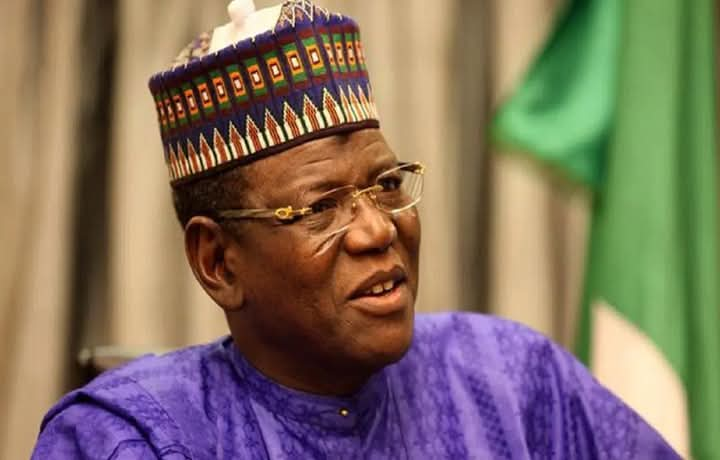Former Governor of Jigawa State, Alhaji Sule Lamido, has reflected on the 2015 presidential election, asserting that neither of the two main contenders—then-President Goodluck Jonathan and former military ruler Muhammadu Buhari—had the nation’s genuine interest at heart.
Lamido made these remarks in Chapter 16 (pages 416–417) of his autobiography Being True To Myself, launched in Abuja on May 13. He recounted a conversation with President Jonathan during the campaign, warning him about the troubling state of affairs, especially in the North.
According to Lamido, “Mr. President, sir, the election of 2015 is not about Nigeria or political parties but between two contending people — Buhari and Jonathan. Neither of you has the overall interest of the country as his ultimate objective, but your aspirations. Thus, whoever wins between you and the country will lose. Yes, Nigeria will lose.”
Lamido described Buhari as a candidate backed by a coalition of political interests rather than a true national vision, while accusing Jonathan of violating an earlier agreement made after the death of President Yar’Adua in 2010 to only complete that term.
He wrote, “Jonathan had also reneged on the agreement he had undertaken after President Yar’Adua’s death in 2010 to complete that tenure only and was now seeking to contest again in 2015. It was a breach of the agreement that was mutually reached.”
The former Foreign Affairs Minister also blamed the alienation of key PDP members and the party’s internal distrust for weakening Jonathan’s campaign. “In 2015, people within the PDP had been alienated and unduly accused of being against Jonathan, even if they were not. The party simply pushed them away and never trusted them or got them involved in its affairs,” he stated.
Lamido emphasized how APC’s aggressive propaganda machinery, especially through religious narratives and emotional manipulation, made it increasingly difficult for the PDP to campaign effectively in the North.
“The propaganda of the APC was so intense that it became very difficult for us to promote him successfully in the state. It was so choking and suffocating that even a Muslim member of PDP felt ashamed to identify with the party because of the emotional blackmail.”
He added that religion was weaponized to portray the PDP in a negative light: “When they deployed religion to confuse the mind, individuals had to be careful not to act in a manner that was anti-Islam or anti-North.”
According to Lamido, this narrative, coupled with images of Boko Haram’s destruction circulating widely on social media, stirred public anger. “Pictures of people and places bombed by the insurgents were widely posted on social media, with pictures of buses, marketplaces, motor stations, mosques, and churches burning in blazing fires,” he wrote.
Even religious leaders, Lamido said, became part of the anti-government sentiment: “The crisis was so manipulated that it touched the minds of the Muslim clerics, who took to the pulpits to preach sermons that strongly condemned the federal government for its indifference to the plight of its citizens.”
He concluded that the toxic political atmosphere left even staunch PDP supporters struggling to defend Jonathan’s candidacy: “The net consequence was to make it difficult even for PDP supporters with very strong conviction to sell President Jonathan to voters.”



